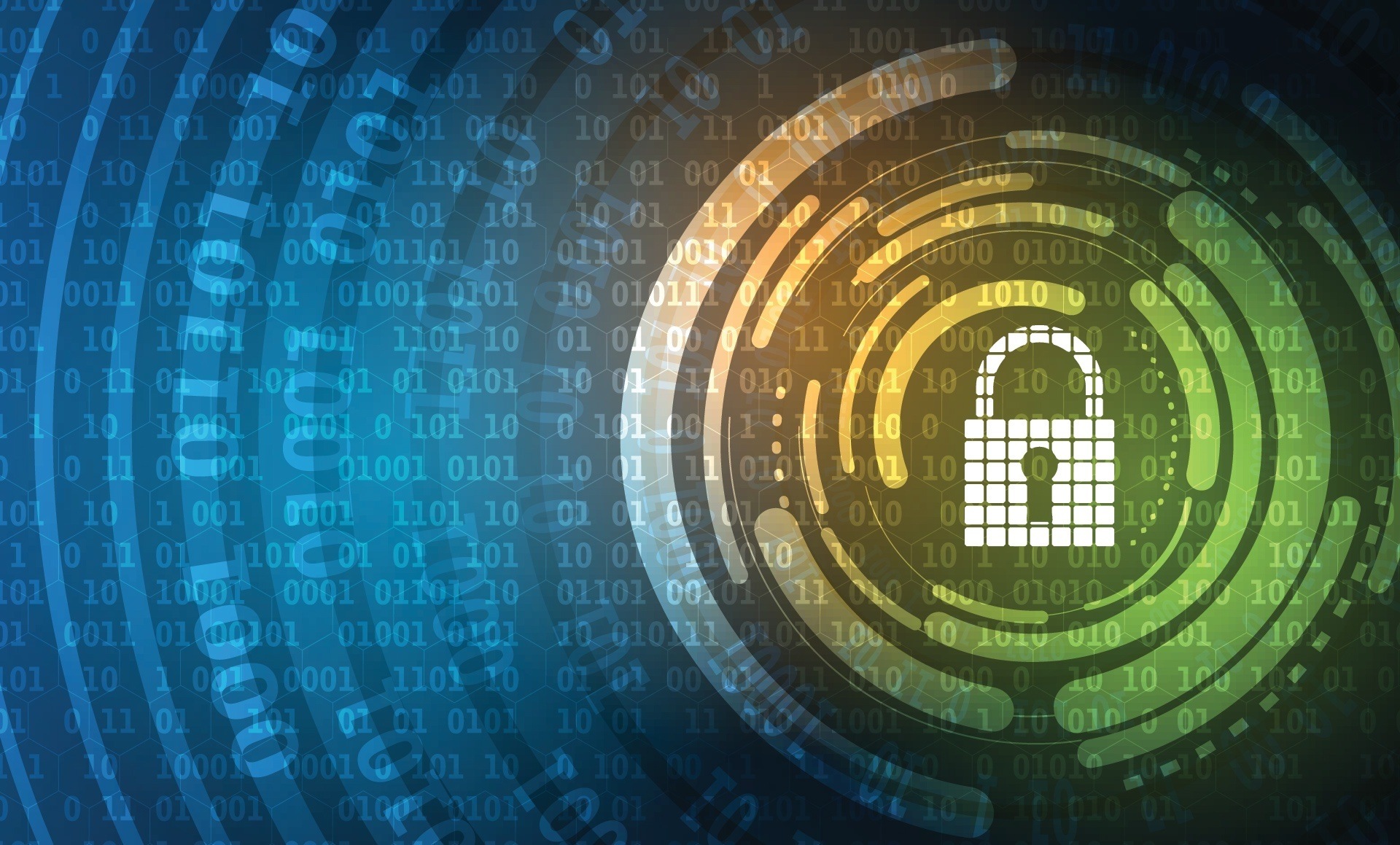Every day people are bombarded with advertisements regarding general computer security. Many times it comes in the form of identity protection. Other times it may come in the form of antivirus software. Whatever the case, securing a computer while using the internet is not as daunting as some commercials would have computer users think. There are four very simple ideas one could keep in mind to ensure a very low likelihood of getting “hacked” while using the internet.
- Common sense
- Beware of malicious software
- Storing passwords on a computer
- Browser security extensions
Computers are designed to be an extension of the many ways that people think and are programmed as such. This implies that using common sense while browsing the internet can go a long way in keeping a computer user safe from data theft, identity theft, and other computer crimes. When browsing the internet, if something seems conniving, it may very well be so! Therefore, think twice before clicking that link or accepting that request from an unknown party, to say the least.
Many times that people have their private data stolen or their computer hacked is because “malicious software” is installed onto a computer being used by the victim. Malicious software is any type of software that does something illegal or is intended to generally defy the consent of those who use the computer it’s installed on. Malicious software is usually installed unknowingly by a computer user who thinks that legal and genuine software is being installed — the malicious software is hidden by what appears to be legal and genuine software. The point is that great care should be taken to be sure that the websites in which software is downloaded from are generally safe — malicious software usually comes from websites run by criminals.
One of the conveniences of using the internet is the option to save usernames and passwords so that subsequent uses of certain websites are easier and quicker to access. The downside of this convenience is that if a computer catches a virus, that virus could be smart enough to record those usernames and passwords that are saved and forward that information to a criminal across the internet. Therefore, the pros and cons of saving usernames and passwords on a computer should be carefully weighed.
Lastly, as an extra measure of protection against internet crime, a computer user can install browser security extensions. A browser is what one uses to access websites on the internet. Internet Explorer, Chrome, and FireFox are browsers. An example of a couple of good browser security extensions is NoScript. A search of “browser security extensions” using an internet search engine will reveal many options to use for browsers.
Please contact us for assistance in determining a balanced and secure approach to using the internet.











